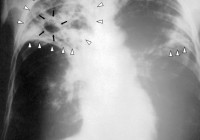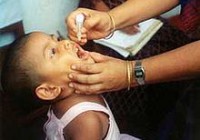SASA! Trial: the community intervention that is reducing violence against women

Findings from the SASA! Study, a trial assessing the impact of a community intervention in preventing violence against women in Uganda, were published today in BMC Medicine. In this guest post, Tina Musuya, one of the activists implementing the intervention in local communities writes about her personal experience of being involved in the study. Since… Read more »








